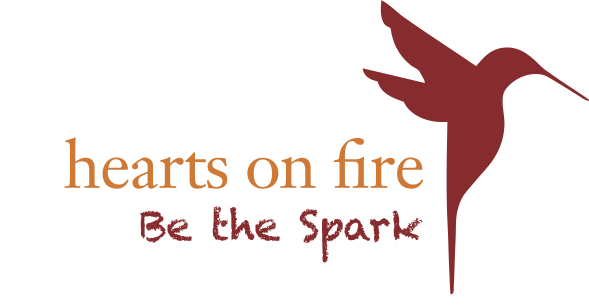Jacob Lief | Ubuntu Pathways
What Children Deserve: Everything
There is more than a full head of long, wavy hair in Jacob Lief’s DNA. His real crowning glory is a sense of service that Jacob says he inherited from his mother.
“My mother was always helping others. My brother and I had to wake up at four in the morning to do the soup kitchens. We had to read to blind people. It’s just how my mother was raised.”
Even when the family moved to London when Jacob was 13, that tradition of service continued. But it was the day Jacob pitched in to distribute “Free Mandela” flyers in Hyde Park that began his connection with his future work in Africa.
In 1994, Jacob went to South Africa to observe elections, the first in which all races were allowed to vote. He was astonished to hear from an old woman that she who had waited in line for five hours to cast her ballot. Her reply was a game-changer for Jacob.
“She tapped me on the shoulder and said, ‘No, boy, I have been waiting for eighty-five years.’ I had never thought about freedom before. Right then I said, I wanted to become part of the new South Africa.”
Three years later, he would take the first step.
In 1997 Jacob happened to get off the train in Port Elizabeth, where he met Banks Gwaxula in a shebeen, or local bar. They formed a lasting friendship and together they talked about building a comprehensive education/health program in a South African township. Two years later, they started off and started small, distributing academic supplies to needy children.
Today, their mission and reach has dramatically expanded. Jacob is president of the Ubuntu Pathways, providing life-saving medical services and essential educational resources to thousands of orphaned and vulnerable children and their families. In simple terms, Ubuntu strives to give them “what all children deserve—everything.”
Its eco-friendly, 25,000 square-foot headquarters in the Zwide township in Port Elizabeth, enables Ubuntu to provide comprehensive services under one roof, including a pediatric HIV clinic, pharmacy, classrooms, computer labs, theater, and rooftop garden. A child can walk into the building to speak with a counselor or meet with a doctor. She can snack on fresh vegetables, take a yoga class, study with her English tutor, and leave feeling valued.
It is an indication of Jacob’s deep-seated sense of fairness that Ubuntu’s goal is to provide “his” South African children with the highest quality education and health care, the kind the most privileged parents in America demand—and get—for their own children.
A study by McKinsey & Company found that 96 percent of Ubuntu clients adhere to their HIV treatments, 94 percent are successful with their TB treatments, Ubuntu students excel in school and are well on their way to productive lives, and perhaps the most startling statistic of all— a one-dollar investment in an Ubuntu child results in nearly nine dollars in lifetime earnings for him or her.
Archbishop Desmond Tutu says this about the meaning of Ubuntu: “We Africans peak of ubuntu, the recognition of humanity in one another.” This belief in a common human destiny is the heart and soul of Jacob’s passion for justice. Ubuntu is more than a way to do business; it is a way to be.


